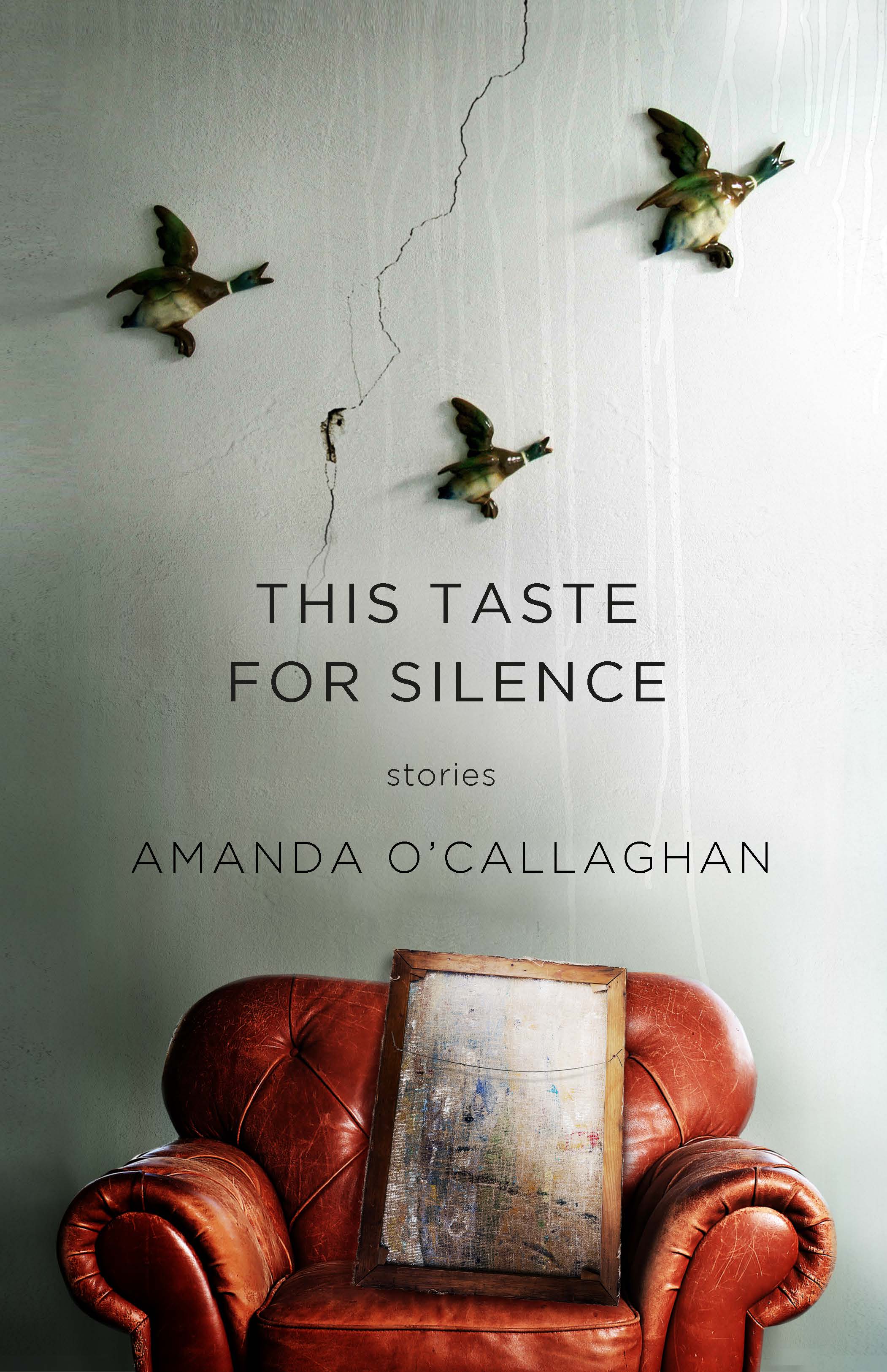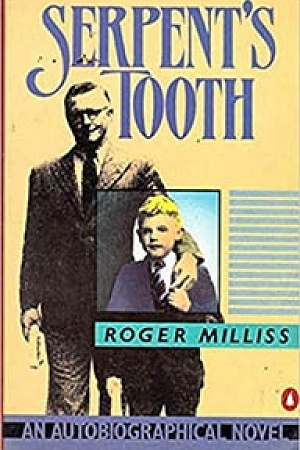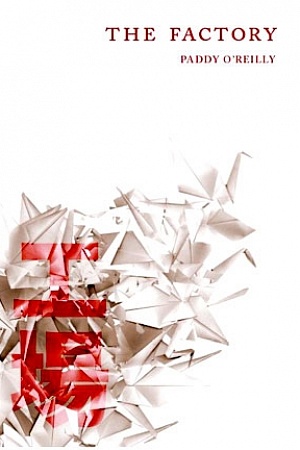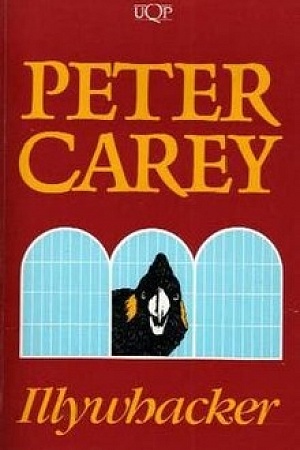Here Until August: Stories
Black Inc., $29.99 pb, 208 pp, 9781863959933
Here Until August: Stories by Josephine Rowe & This Taste for Silence: Stories by Amanda O’Callaghan
The inciting incident in Josephine Rowe’s short story ‘Glisk’ (winner of the 2016 Jolley Prize) unpacks in an instant. A dog emerges from the scrub and a ute veers into oncoming traffic. A sedan carrying a mother and two kids swerves into the safety barrier, corroded by the salt air, and disappears over a sandstone bluff. Three-quarters of a family are erased. And it all happens ‘in a glisk’, Fynn, the driver of the ute, will say years later.
After the hearing, in which he is acquitted, Fynn either ‘ran, slunk, snuck, crawled, choofed off, fucked off, hauled arse or simply went’ – depending on who is doing the telling – to the Northern Isles of Scotland to lose himself in ‘some shit-kicking work’ at a whisky distillery. Back in Perth, the narrator of the story, Fynn’s younger half-brother Raf has married and become a cytologist. One Saturday morning in January six summers later, Fynn resurfaces with his duffel bag and bomber jacket, his blond hair greying at the temples and gone to seed. He’s missed the mining boom, the ice boom, the rehab boom. He missed his father’s bypass. Fynn has come back to confess what really happened that day at the bluff. The truth, like all gifts, conceals within it a burden.
Rowe writes about place and memory with a potency that pitches beauty against its wreckage. By day, an island looks like ‘a rough dog slouching up from the ocean’; after sunset the ‘putrid birds’ and ‘bogans sinking tinnies’ are obscured by nightfall. Perched on a high bluff in a sprawl of blankets, a young Raf witnesses a swarm of bioluminescent phytoplankton ‘on their anxious, brilliant way to who-knows-where’. It is an ‘eerie sort of magic’ he knows he will never see again. But this, Raf tells us, is not the point.
Rowe is an author deeply concerned with the human animal. Bioluminescence is mere ornamentation in her larger purpose, which is to stage the ‘bright migratory-animalness’ of a family wading to island during a neap tide. At the deepest point of the crossing, their makeshift raft breaks apart and Fynn scoops his little sister onto his shoulders. Seawater, stinking of dead things, fills his nose and mouth. He delivers his sister to dry sand and, when his mother turns away, regurgitates seawater onto a patch of salt brush. His legs, Raf sees, are quaking and lashed by stingers. The future hasn’t happened yet and everyone still has a chance to live.
Continue reading for only $10 per month. Subscribe and gain full access to Australian Book Review. Already a subscriber? Sign in. If you need assistance, feel free to contact us.












Leave a comment
If you are an ABR subscriber, you will need to sign in to post a comment.
If you have forgotten your sign in details, or if you receive an error message when trying to submit your comment, please email your comment (and the name of the article to which it relates) to ABR Comments. We will review your comment and, subject to approval, we will post it under your name.
Please note that all comments must be approved by ABR and comply with our Terms & Conditions.